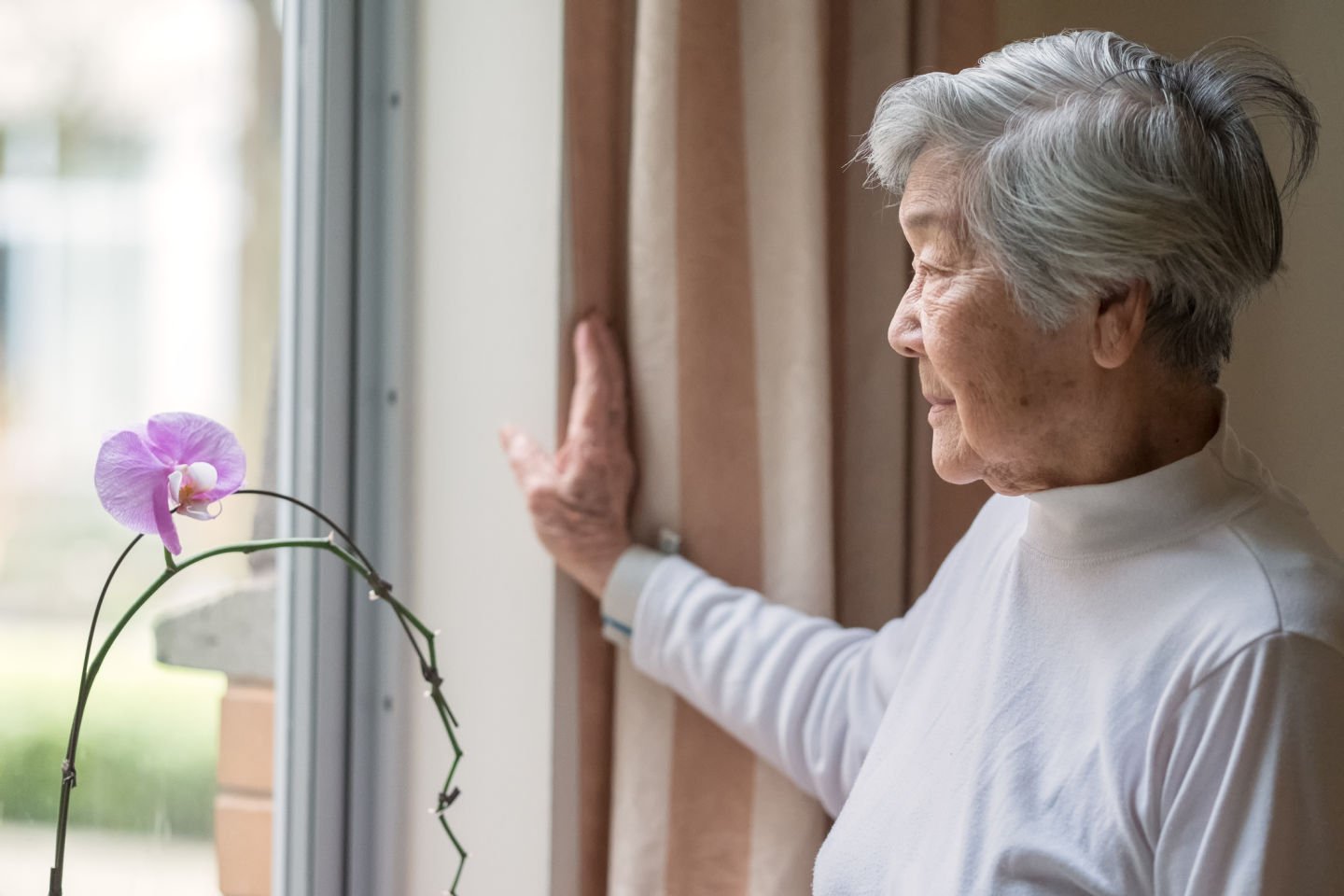Watchdog urges aged care providers to do better
Latest figures reveal complaints about medications, pain management, food quality, staffing levels, and hygiene.

Changes to home care programs
The government’s new Support at Home program will be delivered in two stages to minimise disruption and ensure continuity of care for older people, according to Aged Care Minister Anika Wells.
From 1 July 2025, Support at Home will replace the existing Home Care Packages (HCP) program and Short-Term Restorative Care (STRC) program.
The Commonwealth Home Support Program (CHSP), which provides lower levels of support to older people to help them remain at home, will transition to the new program no earlier than 1 July 2027.
Ms Wells said the staged approach will give all CHSP providers time to change their business systems and adjust to new payment arrangements.
This will ensure they can operate successfully under Support at Home and avoid disruptions for their clients, she said.
Details are here.
Consumers continue to make complaints about aged-care providers, and in its latest report to providers about complaints the quality regulator is urging providers to improve their complaints handling processes.
The Aged Care Quality and Safety Commission says best practice complaints handling shows “visible leadership and commitment at all levels of an organisation, starting with the board and the entire leadership team, through to staff providing care and support to older people”.
Latest figures show that while the number of complaints about residential aged care dropped from 6,404 last financial year to 5,077, complaints about home care services increased from 3,825 to 4,015.
National Seniors Australia CEO Chris Grice said the report highlighted that too many people were not getting the care they deserved.
“The report is like the canary in the coalmine, letting people know what’s happening in the system,” he said.
Two-thirds of aged care homes received at least one complaint in the past year, while one in five homes received more than one complaint and 205 homes received eight or more.
Aged Care Quality and Safety Commissioner Janet Anderson said the report was a recommendation of the 2018-2021 Royal Commission, to help highlight “the importance of complaints in understanding older people’s experience of aged care”.
In residential aged care the most complaints – 702 – were about medication management and administration. This included timely pain relief, palliative care, infection control, and drugs for managing diabetes and Parkinson’s disease.
The report acknowledges that badly managed pain relief caused poor sleep and poor mental health and diminished quality of life, while medicine for diseases such as Parkinson’s was time-critical.
“If Parkinson’s medications are delayed or not taken, the person’s ability to move, speak, and swallow can deteriorate very quickly,” the report said.
“Each person will have a unique schedule of medications – timing for each is critical. Consequences of delayed or missed medications can be life threatening.”
Apart from issues around medication, there were also:
672 complaints about personal and oral hygiene.
607 about staffing levels.
559 about falls.
404 about food and catering.
Only 7% of the complaints were made by residents themselves. More than half the reports came from family members and one in five complaints were anonymous.
People receiving care were more likely to complain about the quality and variety of food, and the management and administration of their medication.
In July this year, the commission set up a food, nutrition and dining hotline in July to allow residents to make complaints more easily.
The most complaints about home care services were around the lack of consultation and communication and financial matters, particularly fees and charges.
People receiving home services were more likely than family members and representatives to complain about the availability or quality of general house cleaning, being able to go shopping with a support worker, domestic assistance, and the way providers communicated fees and charges.
Most complaints were resolved through early resolution, but a formal resolution process was put in place to deal with 277 complaints raising 1,080 issues in residential care and nine complaints about home services.
Related reading: Aged Care Quality Report, Daily Telegraph




